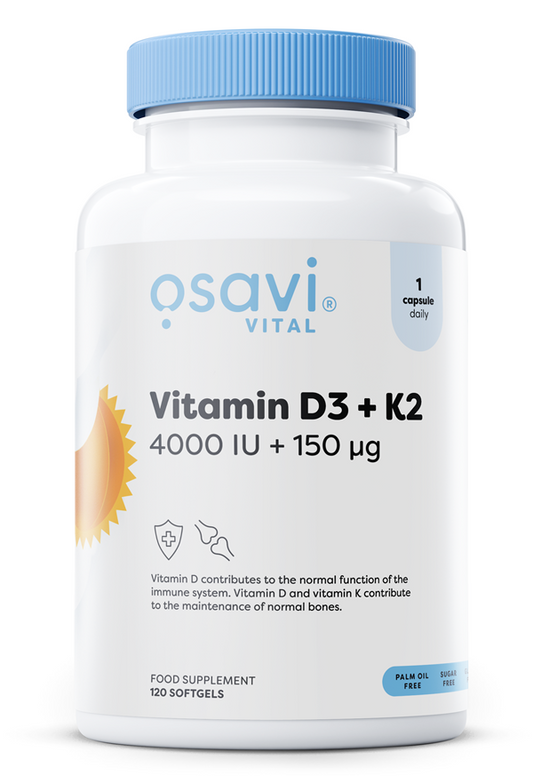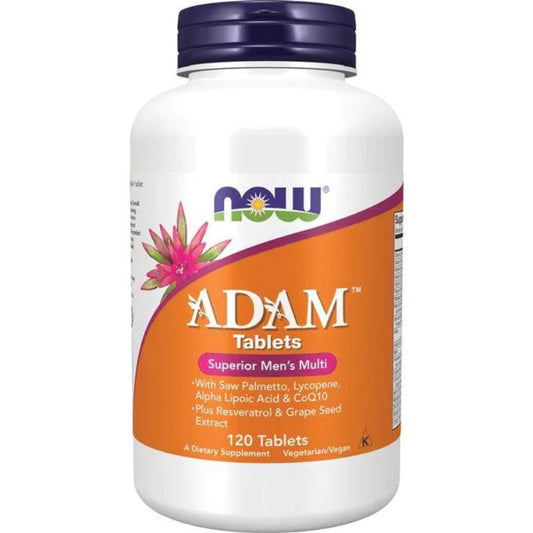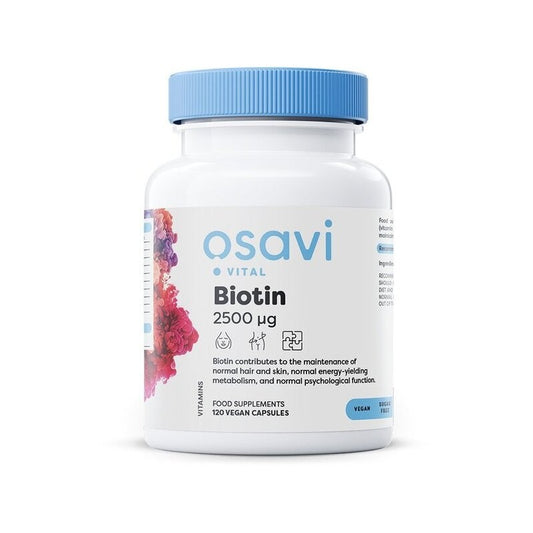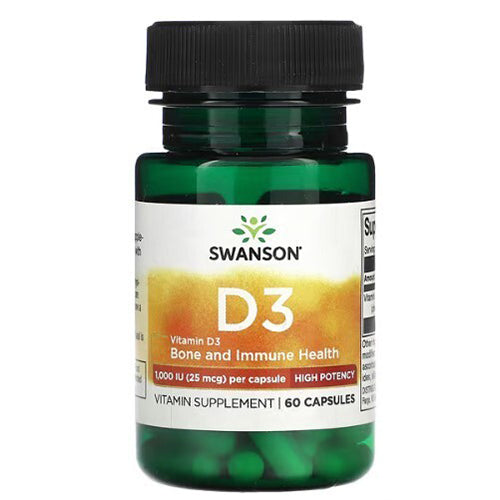
How to Support a Healthy Immune System Naturally
Jakub SkibaMaintaining a strong and balanced immune system is essential in today’s fast-paced, high-stress world. Our daily habits, diet, and environment all play a role in how our bodies respond to everyday challenges. A healthy immune system helps you feel more resilient, energized, and ready to take on life’s demands. While many factors influence immune function, small, consistent choices—like eating nourishing foods, getting quality sleep, and managing stress—can make a big difference in your overall wellbeing. Supporting your immune health isn’t about quick fixes or miracle products; it’s about developing mindful habits that help your body perform at its best.
Whether you’re adjusting to seasonal changes, returning from a busy period, or simply aiming to stay balanced throughout the year, understanding how to care for your body’s natural defenses can be empowering. The immune system is closely connected to your lifestyle—your diet, physical activity, rest, and stress levels all influence how effectively it operates. By learning how to nurture these areas, you can create a foundation for long-term wellness and vitality. Taking time to support your immune health is ultimately an act of self-care that benefits both your physical and mental wellbeing.
What Is the Immune System?
The immune system is the body’s natural network that helps maintain internal balance and respond to everyday challenges. It involves cells, tissues, and organs—such as white blood cells, lymph nodes, and bone marrow—that work together to help the body stay resilient. A balanced immune system helps support general health and vitality.
Signs Your Body May Need Immune Support
Everyone’s body reacts differently to stress, environment, and lifestyle. Some signs that your system may benefit from extra care include:
Short-Term Signs
-
Occasional digestive discomfort, such as bloating or gas
-
Catching mild seasonal issues more easily
-
Taking longer to feel refreshed after a busy period
Long-Term Signs
-
Persistent low energy
-
Ongoing stress or tension
-
Difficulty maintaining overall wellness
If you notice these signs often, it’s always best to seek guidance from a qualified healthcare professional.
Nutrients That Support Immune Health
While no food or supplement can prevent illness, a balanced diet that includes essential vitamins and minerals supports normal body function and overall wellness.
Essential Vitamins and Minerals
-
Vitamin C – Supports normal immune system activity and helps protect cells from oxidative stress.
-
Vitamin D – Contributes to normal immune function and supports general health.
-
Zinc – Plays a role in normal immune response and metabolic function.
Probiotics and Botanicals
-
Probiotics – Support healthy digestion, which is linked to overall immune balance.
-
Elderberry (Sambucus nigra) – Traditionally used to support seasonal wellness and general immune balance.
Lifestyle Habits for Immune Wellness
Supporting your immune system naturally involves daily habits that nurture the body and mind. Small changes can help you feel more balanced and energized.
1. Prioritize Sleep
Aim for 7–9 hours of quality rest each night to allow your body to recharge and function optimally.
2. Stay Active
Regular, moderate movement such as walking, stretching, or yoga helps support circulation and overall wellbeing.
3. Manage Stress
Practicing mindfulness, meditation, or deep breathing can help maintain a balanced mood and healthy stress levels.
4. Eat a Balanced Diet
Choose a variety of fruits, vegetables, whole grains, and lean proteins to provide essential nutrients your body needs to thrive.











1 comment
Thanks for the clear explanation!